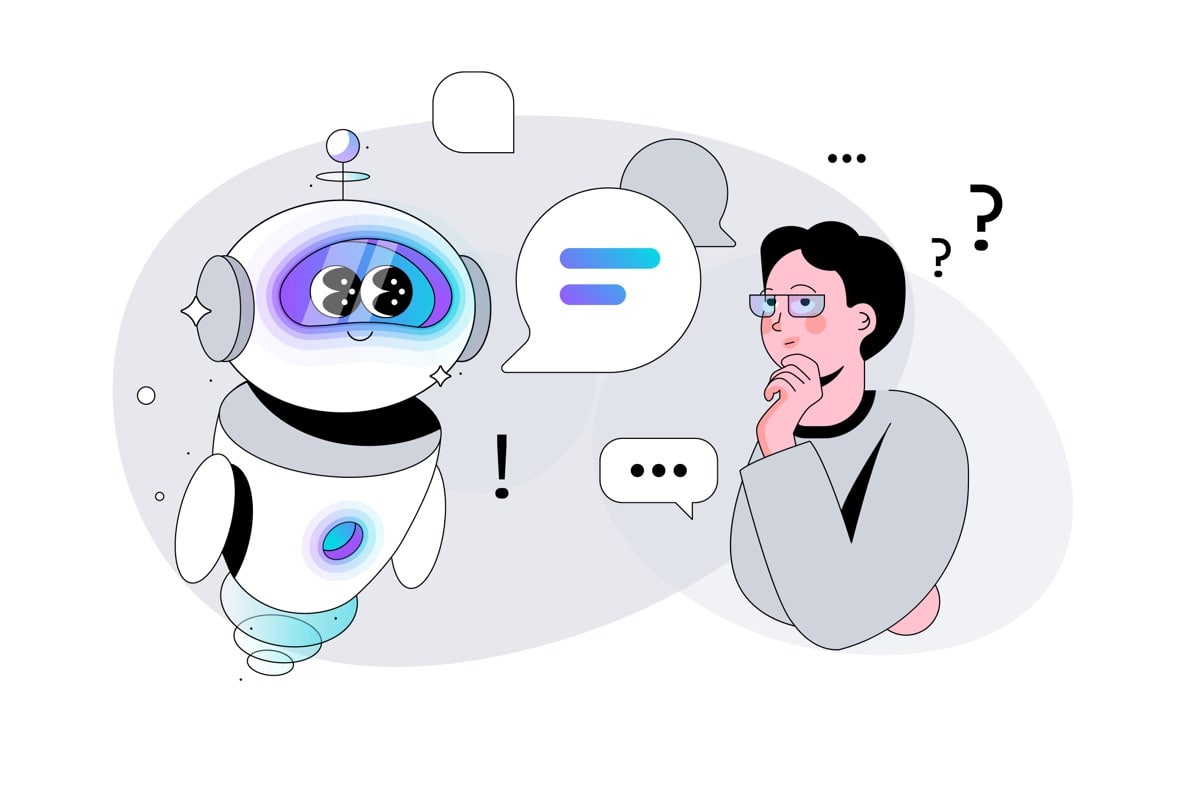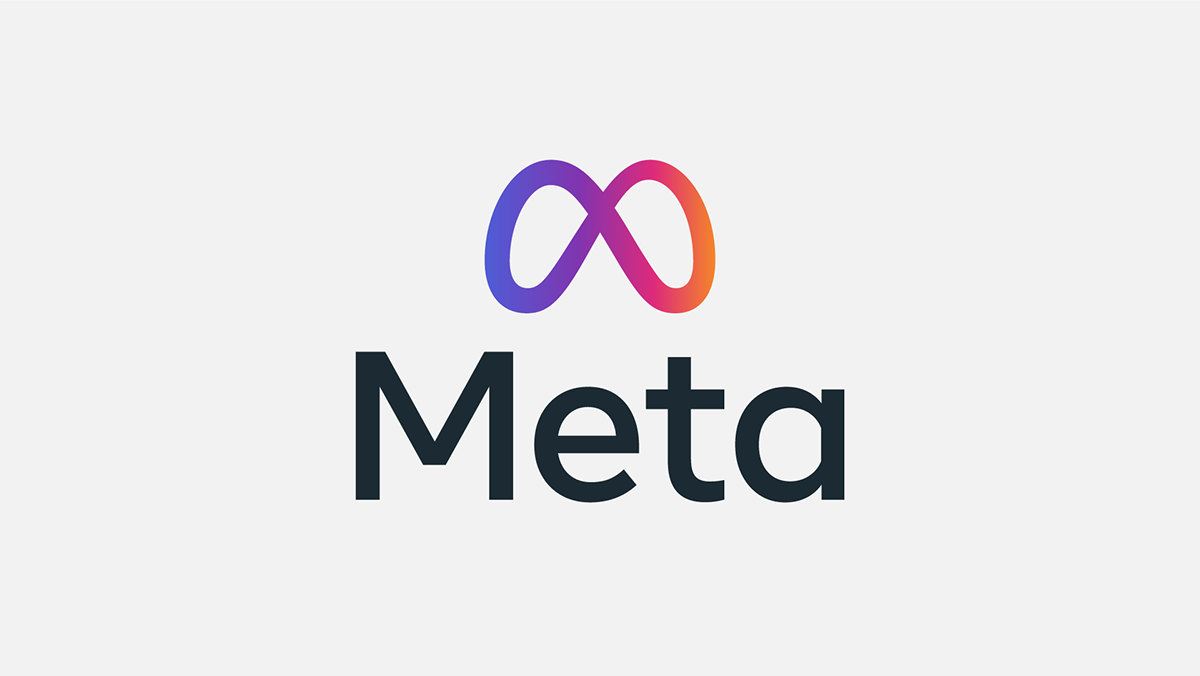The landscape of information-practice horizons is rather unusual nowadays. And that is due to Artificial Intelligence ask. The flip side of the coin is that an individual must know how to pose the questions to optimally utilize AI. When asking questions, the artificial intelligence ask will provide the most usable pieces of information that it has. Therefore, there is a clear necessity to learn how to pose any inquiries effectively.
In this blog, we will go through how to pose such questions that will elicit optimal responses from AI-based technologies. The best query will be the one that would allow AI to provide the information as per the user’s requirement.
Good Querying Skills In AI Utilization
The ability to frame a query has a direct bearing on the quality of the response one is likely to receive. This is actually quite a common thing and should not raise eyebrows. Time and again, it has been reestablished that AI is good only as good as the information it has been provided. Which brings us to our second rule:
Relevancy, Focus: Framing the Question in Such a Way That Time and Efforts Are Not Wasted, which in turn leads to higher productivity.
People need to ask valuable questions if they intend to use AI effectively- researchers and casual users alike.
How artificial intelligence ask Interprets Information
It is known that artificial intelligence relies on a few algorithms to accept inputs, processes these inputs, and finally respond to such requests. We follow the following dynamics:
1. Native Language Processing (NLP)
Utilizing AI systems like ChatGPT, your inquiry will be first understood and processed by the system through natural language processing. This means the more straightforward the inquiry is, the better the system will be able to comprehend it.
2. Contextual Aspects and Specificity
Contextualization helps AI. An ordinary or ambiguous question would likely lead to a very general and unhelpful response. For example:
Who said: “Give me information on AI.”
Conclusive: “How can AI be used in healthcare?”
In this process, AI eliminates the guesswork to correct Skeleta’s question into two.
Also read about:https://tehzop.com/get-it-out-of-here-how-to-turn-off-meta-ai-on-facebook/
Key Suggestions on the Ways of Framing Your Questions
1. Why Be Principles?
It will be helpful to be very clear on what one is seeking to know. If this is done, Ai will be forced to only look within the narrow parameters that are set for it one should focus on innovations rather than.
Instead of: “What is artificial intelligence ask and how does it operate?’.
Ask: “In what way does AI through machine learning add value to case prediction models?”
2. Position:
Do not just ask vague standalone questions but rather take time to set the stage as to what you want the AI to focus on, thus explaining the relevance of AI, for instance:
“Make an effort to explain quantum computing at the level of a high school student.”
3. Questions That Are Too Many
If you have a question that is multi-faceted, ask each aspect of it separately.
Instead of: “What is AI and how does it affect the businesses?”
Ask: “What is AI?” and then pose the question “How does AI impact the business processes?”
4. Be Straightforward
Make sure to avoid unnecessary details which may make the AI confused. For instance:
Direct: “What is the capital city of France?”
Indirect: “I have always wished to go see the capital city of France. What is the name of it, do you know?”
5. Use Correct Keywords
Remember to include relevant and focused keywords in your search, for example, “artificial intelligence ask”.
Paraphrased Sentence
Examples of Effective Questions
Effective Business Questions
- “How can AI improve supply chain management?
- What are the best ai tools for small business?”
Creative Applications
- “Can you give me ai story prompts set in a middle ages fantasy world?”
- “What are the most efficient tools for generating ai art?”
Technical Queries
- ” How does AI perform data classification in neural networks?”
- ”Describe supervised learning and unsupervised learning using examples.”

Common Mistakes to Avoid When Using artificial intelligence ask
1. Being Too Vague:
Avoid asking generic questions that invite vague answers.
Example: “What’s artificial intelligence ask?”
2. Overloading Questions:
Avoid asking questions that have a lot of information in them since they will confuse artificial intelligence ask assistants. Significant questions may be broken down into several; more significant matters will usually lead to more advanced questions.
3. Using Jargon Without Context:
AI does not like workloads. Avoid pure phrases without further provision explaining the terms that are utilized.
4. Expecting Perfection
One major pitfall on reliance on AI generated responses is the existence of AI errors since AI generates responses based on data, which has a likelihood of being erroneous. So, always check essential information.
FAQs About Asking AI Questions
- Give me some tips to make sure the AI gives me the right answers?
Use specific and context-centric queries so as to inquire from AI rather than overstating the question.
- Are there situations when AI can answer open-ended questions?
Of course. AI can answer open ended questions when a prompt for focus limits is provided.
- Please tell me the best way to ask questions which may require step by step responses from AI.
When requesting gradual detailed responses from the AI, make the details clear first.
- Can follow up questions be asked from artificial intelligence ask?
Yes. For most tools that are AI based, advanced follow up questions can be used in seeking clarifications.
- Sometimes I get the feeling that the AI is not understanding my questions properly, why is that so?
This possible misunderstanding occurs in most cases due to lack of detail in wording or context. Learning to simplify the query would be helpful.
- Is there any restriction with respect to the number of words taken to ask questions from AI?
Few platforms may have a restriction. It is enough to ask questions, non poorly phrased questions.
- Can you tell me, for the sake of the user, if there are restrictions when it comes to the use of AI, including the use of slang language?
Yes, AI can help with informal language, but it is more effective with the use of proper language pointed straight at the query.
- And in case if AI answers in an incorrect manner, what should be my next step?
AI is not always accurate when providing output solutions. When unsure, check information with trusted sources.
- What is the best way to enhance my AI interaction competencies?
To customize your contextual inputs for improvement practice question formation and evaluation of responses of AI’s.
- Is AI relevant for popularity generation?
Yes, Ai has great capabilities in producing ideas if the right parameters are set.
Conclusion: The ‘How To’ Guide In Mastering the AI’s Dark Art of Asking Questions
Owning the guessing game with the machines is a game changer for efficiently using the AI tools. Knowing AI in terms of its accuracy, structure, and information will allow you to get the most out of it.
From learners looking for educational assistance to working people attempting to emphasize efficiency optimally, knowing how to ask the right questions determines the success of artificial intelligence ask interactions. Do it now and start seeing how much language can change how artificial intelligence works!
Also read about: https://tehzop.com/old-character-ai/











Leave a Reply